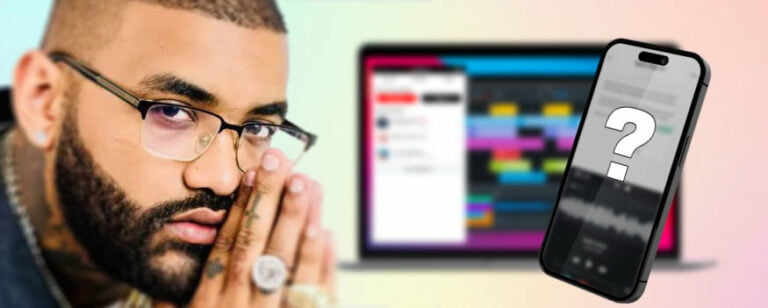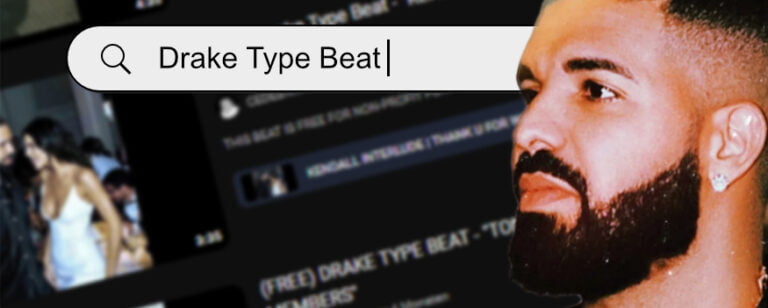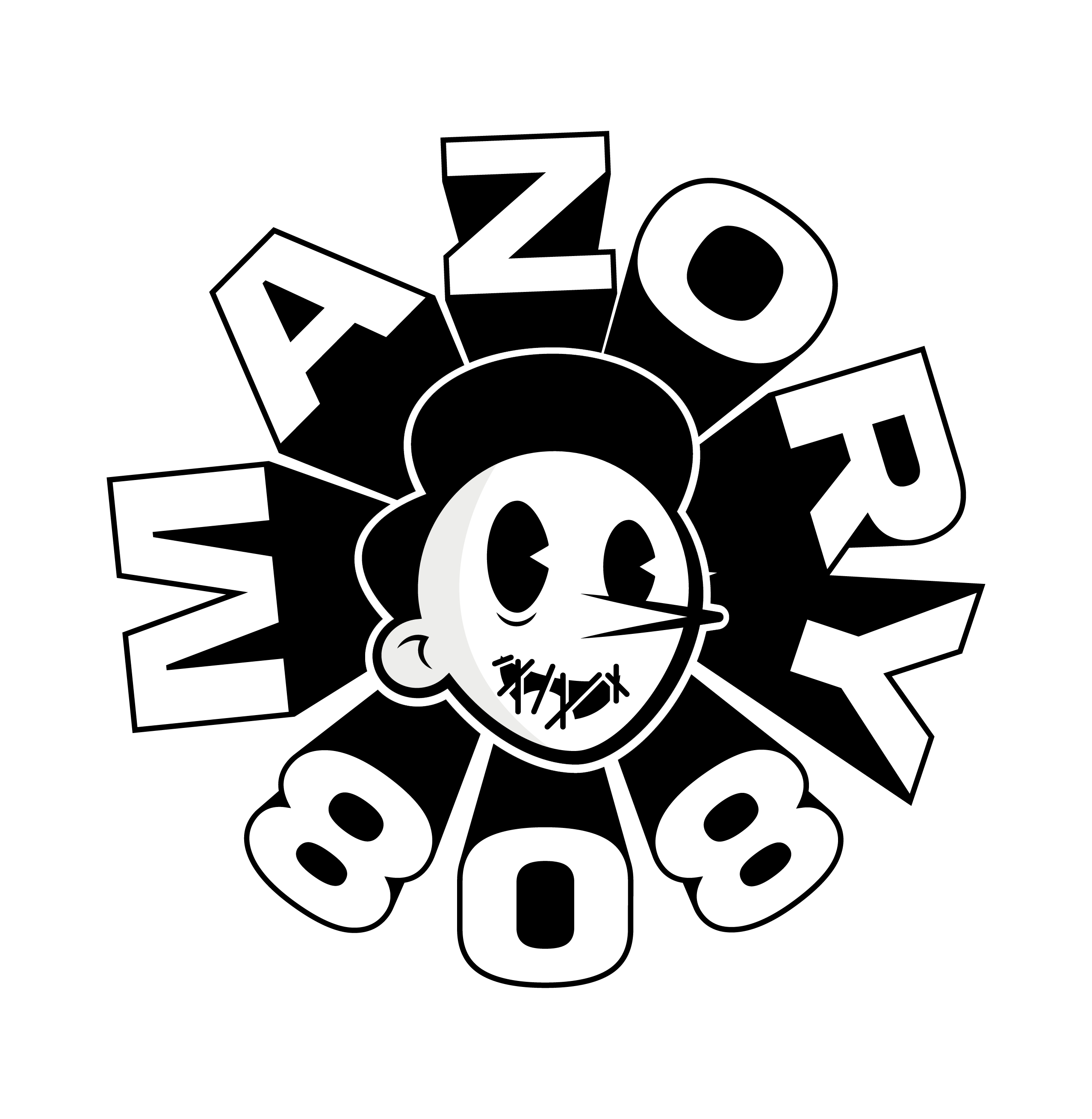
The 4 Best Apps For Independent Rappers
As an independent rapper, having access to the right tools and resources can greatly enhance your creativity, productivity, and overall success. In today’s digital age,
In the world of music production, a fire beat can be the foundation for a chart-topping hit. But for aspiring artists, finding the right beat often comes with a crucial decision: leasing the beat or buying exclusive rights. Both options offer distinct advantages and drawbacks, and the ideal choice hinges on your career goals, financial resources, and desired level of control.
This in-depth guide unpacks the complexity of beat leases and exclusive beats, empowering you to make an informed decision. We’ll explore the key characteristics of each option, the legalities involved, and provide valuable insights to guide your next musical venture.
A beat lease grants you a non-exclusive license to the beats for a certain period of time or number of streams/sales. It’s a budget-friendly option, particularly for up-and-coming artists, often costing significantly less than exclusive rights.
Leases are a fantastic entry point for artists with limited resources. You can access a vast library of instrumentals without breaking the bank, allowing experimentation with different styles.
Leases offer flexibility. You can acquire multiple beats for various projects without a significant upfront investment, diversifying your sonic palette.
Leasing is less risky, especially for unproven tracks. If the song doesn’t gain traction, you haven’t sunk a large sum into acquiring exclusive rights.
The biggest caveat of leasing is the lack of exclusivity. The producer can sell the same beat to other artists, potentially leading to multiple songs utilizing the same instrumental.
Leases typically come with restrictions on commercial use, streaming platforms, and the number of copies you can sell. Ensure the lease agreement clearly outlines permitted uses to avoid copyright issues.
An exclusive beat purchase grants you sole ownership of the instrumental track. This means you’re the only artist with the right to use it in a song. Exclusive rights come at a premium price, but the benefits can be substantial.
Exclusive ownership eliminates the possibility of encountering another artist using the same instrumental.
With exclusive rights, you have complete creative freedom. You can modify the beat, use it for unlimited streams/sales, and potentially land placements in films, commercials, or video games.
Exclusive rights come with a hefty price tag compared to leases. This can be a significant investment for new artists, potentially limiting the number of beats you can acquire.
Purchasing exclusive rights signifies a strong belief in the song’s potential. Ensure you’re confident in the beat and your vision for the track before making the financial commitment.
When buying exclusive rights, research the producer’s track record. Choose someone with a proven history of quality beats and a clear understanding of copyright agreements.
When it comes to deciding between leasing and buying exclusive rights, the choice really boils down to your unique situation. Here’s a breakdown of some key factors to mull over:
First up, your budget. If keeping costs down is a top priority, leasing is the way to go. It’s a wallet-friendly option for snagging top-notch beats. But hey, if you’re a bigwig in the music biz with some extra cash to spare, grabbing those exclusive rights gives you more say in the creative process and full ownership.
Next, consider where you’re at in your career. Newbies testing the waters can dive into leasing without diving headfirst into a financial sinkhole. On the flip side, seasoned pros might opt for exclusive rights, especially if they’re cooking up the next big chart-topper.
Then there’s the potential of your songs. Got a track that’s destined for greatness? Exclusive rights might be worth the investment to lock in those profits. But if you’re just vibing with some experimental tunes or non-commercial projects, leasing offers flexibility without the hefty commitment.
Crafting a hit song hinges on the perfect beat, but acquiring it can be a tricky decision.
Leases are budget-friendly, offering access to a variety of instrumentals for experimentation. They’re ideal for starting artists due to lower risk and affordability. However, they lack exclusivity and come with usage limitations.
Exclusive beats grant sole ownership, but come at a premium price. They offer complete creative control, potential for increased royalties, and the ability to use the beat for unlimited streams/sales. This option is ideal for established artists or tracks with high commercial potential.
Ultimately, the choice depends on your budget, career stage, and song’s potential. Consider factors like cost, risk tolerance, and desired level of control. Utilize negotiation, contract scrutiny, and producer relationships to navigate the beat landscape. And who knows, maybe you’re already sitting on the next BIG hit.

As an independent rapper, having access to the right tools and resources can greatly enhance your creativity, productivity, and overall success. In today’s digital age,

When it comes to the world of music production, finding the right sound is crucial. As a rapper or singer, you want your tracks to

